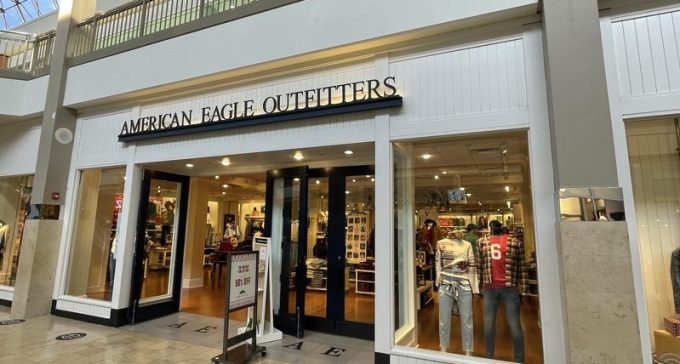Julian Harrison and Laurence Sugars join DHL ecommerce management team
DHL ecommerce today announced two new members of its management team: Julian Harrison, pictured left, ...

US cargo owners appear to have lost their appetite for investing in the active management of logistics operations.
Back in 2021, with congested networks and transport capacity across all modes woefully lacking demand, cargo owners came to the conclusion that they had to take steps to secure capacity, which culminated in the likes of Walmart and Target chartering containerships.
The subsequent rapid descent of most segments to overcapacity, and collapsing rates, has forced companies to re-evaluate ...
Trump tariffs see hundreds of cancelled container bookings a day from Asia
'Disastrous' DSV-Schenker merger would 'disrupt European haulage market'
'To ship or not to ship', the question for US importers amid tariff uncertainty
'Chaos after chaos' coming from de minimis changes and more tariffs
List of blanked transpac sailings grows as trade war heats up and demand cools
EC approves DSV takeover of DB Schenker
Forto 'sharpens commercial priorities' as it lays off one-third of staff
Shippers in Asia restart ocean shipment bookings – but not from China
India withdraws access for Bangladesh transhipments, in 'very harmful' decision
'Tariff hell' leaves industries in limbo – 'not a great environment to plan'
IndiGo fleet expansion plan will include a major push to boost cargo volumes
Pre-tariff rush of goods from US to China sees air rates soar, but not for long
De minimis-induced ecommerce demand slump could cripple freighter operators
'Restoring America's maritime dominance' – stop laughing at the back of the class
Hapag 'took the bigger risk' when it signed up to Gemini, says Maersk
Navigating tariffs: 'like trying to solve a Rubik's cube while colour-blind'

Comment on this article